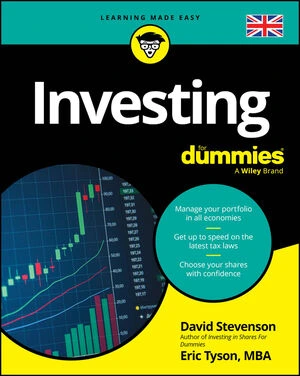A bullish market is one that is rising and a bearish market is one that is falling. A bull is an optimist who thinks prices will rise and a bear is a pessimist who thinks prices will fall.
A lot of people don't like those words. They find them to be coarse, undignified, and often inaccurate. When you buy a security for an expected long-term holding period, you feel positive about the security but the word "bullish" sounds emotional and doesn't describe the deeply intellectual process you went through in selecting the security. When you sell a security, you may not appreciate being named a bear. You may not have had a negative attitude toward that security — you just wanted the money from the sale for some other purpose.
Bull and bear are oversimplifications. But those are the words commonly used in discussing securities markets. Accept them. The word "bull" applies to the long-term holder as well as the in-and-out quick-trade artist. The point is that bull and bear, or bullish and bearish, are useful short-hand words that summarize market players and market sentiment as either positive and optimistic (prices will rise) or negative and pessimistic (prices will fall).
Some critics complain that technical analysis uses far too much jargon that is not intuitively obvious, and sometimes just plain ridiculous (although bull and bear are not confined to technical analysis). The only answer is that every field has its lingo. When you take a course in cooking, you have to learn the meaning of sauté, blanch, and braise.
The lingo of technical analysis is no more difficult or silly than the lingo of fine cooking. But it does have some additional problems. Not everybody agrees on word usage. A bearish market is one in which prices are falling. It rises to the status of bear market ( no -ish) when it has fallen by 20 percent or more from a peak, for a sustained period. A bull market is one that has risen at least 20 percent from a major low, again for a sustained period. Some writers, even experts, call any big move a bull or bear market when they should use a more careful phrase, such as "the market has a bullish tone." In short, market commentators are prone to exaggeration and sloppy use of language. Be aware of this shortcoming. Check facts.






